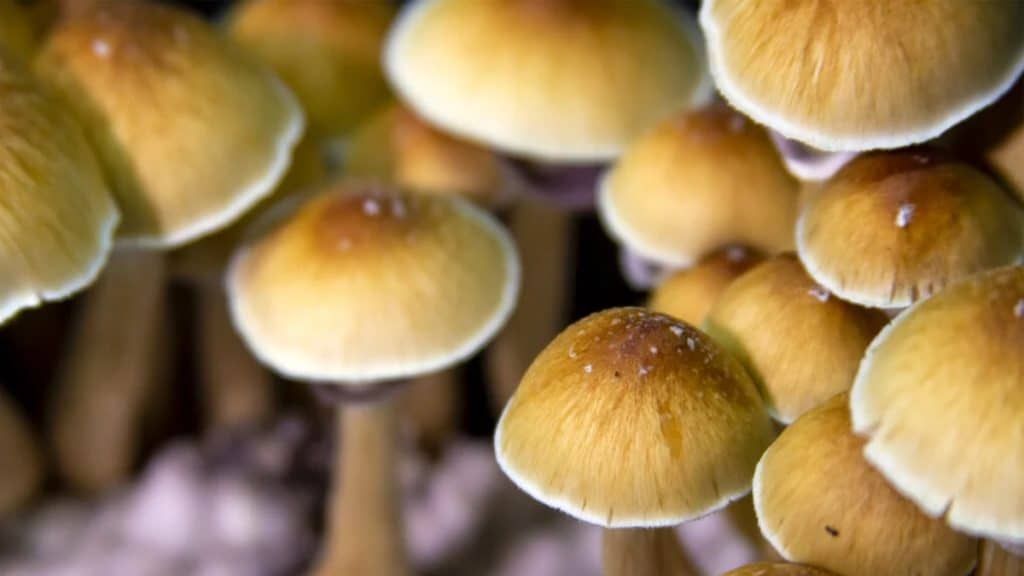Mushrooms are gaining attention for their potential to support mental health, especially for depression.
With emerging research on compounds like psilocybin, more individuals are exploring how specific mushrooms might contribute to improved mood and mental well-being. However, understanding their effects and safety is essential before visiting the shroom website Canada and purchasing this potential natural remedy for depression.
In this article, we’ll analyze how mushrooms work for depression, explore their potential uses, and what to keep in mind if you’re curious about this natural approach.
How Mushrooms Affect the Brain
Psilocybin, the main compound in magic mushrooms, has some surprising effects on the brain. When you take it, psilocybin turns into psilocin, which interacts with serotonin receptors responsible for mood and perception.
This interaction reduces activity in the brain’s default mode network (DMN) that deals with self-reflection and often fuels negative thinking. In addition, it boosts connections between other brain areas, which can bring fresh perspectives and ease rigid thought patterns. This is a big plus for mental health.
Researchers also found that psilocybin encourages the brain to “reset,” promoting new neural connections or neuroplasticity. This helps break down entrenched negative thoughts and improve mood for weeks after use. Though it’s promising, using psilocybin safely requires professional guidance and supportive environments.
Can Mushrooms Treat Depression?
Mushrooms, specifically the psychedelic compound psilocybin found in magic mushrooms, show promise for treating depression. This is especially true in cases resistant to traditional therapies. A study by Johns Hopkins has shown that psilocybin, administered under clinical supervision, can produce significant reductions in depressive symptoms that may last up to a year.
Patients receiving psilocybin often report improved mood, reduced negative thinking, and a greater sense of emotional well-being. This is because psilocybin promotes new neural connections that disrupt harmful mental patterns associated with depression.
How Do Mushrooms Work for Depression?
This is how mushrooms work for depression: Psilocybin interacts with serotonin receptors, similarly to how some antidepressants function. It temporarily alters brain function, especially in areas tied to mood regulation and self-perception.
Psilocybin may reduce depressive symptoms by dampening the overactivity in specific brain regions associated with depression. Several studies indicate that this compound can lead to lasting improvements in mood when administered in clinical settings, particularly for treatment-resistant depression.
Side Effects of Mushrooms for Depression
The use of mushrooms, specifically psilocybin, for treating depression comes with a variety of side effects. Common physical symptoms include nausea, headaches, dizziness, and increased blood pressure.
Some people may also experience anxiety, confusion, or panic, particularly during the hallucinogenic trip, which can last several hours. These reactions are usually short-lived. They resolve within 48 hours for most users when administered under clinical supervision.
In more extreme cases, individuals might face psychological challenges like paranoia or disorientation. This is especially true in unsupervised settings, where there’s a risk of unsafe behavior due to impaired judgment.
People with personal or family histories of psychosis or bipolar disorder are at heightened risk for severe episodes and should approach such treatments with caution.
Final Thoughts
Although psilocybin is being explored as a novel therapy for mental health, the long-term effects of repeated use remain unknown, and further research is needed to understand its safety fully. Supervised, therapeutic use is recommended to minimize these risks and ensure safety during treatment.
